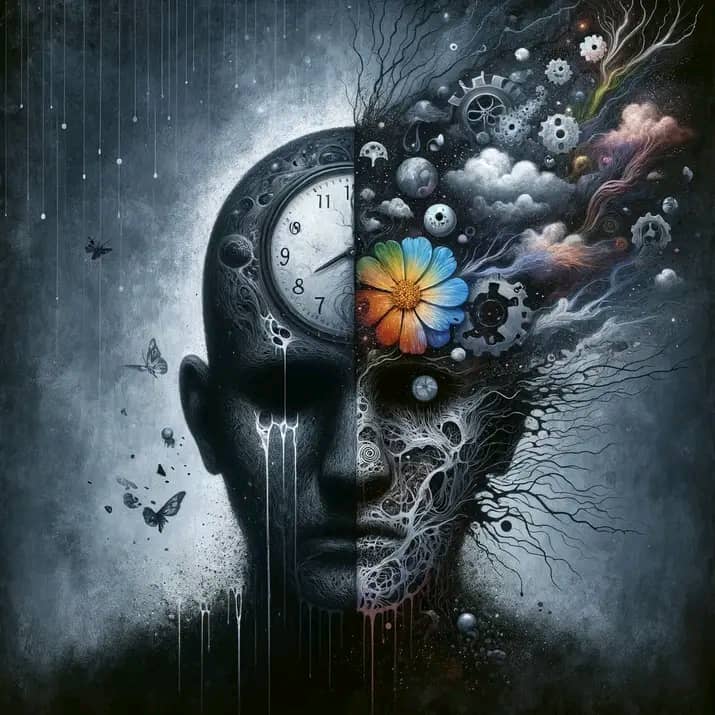Unlocking the Mystery: 10 Hidden Causes of Endless Depression; Practical Solutions
In the whirlwind of everyday life, it’s all too common to miss the small, yet significant elements that gradually undermine our mental health. Depression, frequently viewed as a constant, elusive presence, might seem like an unavoidable aspect of life. Yet, recognizing the root causes is critical to embarking on a journey back to happiness. In this article, we explore ten unexpected reasons behind the enduring gloom of depression, shedding light on the lesser-known factors that could be affecting your well-being.
- Nutritional Deficiencies.
Insufficient levels of essential nutrients, such as vitamin D, B vitamins, omega-3 fatty acids, and iron, can detrimentally affect your mood and cognitive operations, potentially resulting in feelings of depression.
- Social Media Overuse.
Excessive use of social media has been associated with feelings of inadequacy, loneliness, and increased depression risk due to unrealistic comparisons and decreased real-life social interactions.
- Unhealthy Relationships.
Unhealthy relationships, marked by dysfunction, lack of support, and emotional abuse, can be significant but often overlooked sources of stress and sadness, leading to depression. These relationships can range from romantic partnerships to toxic friendships and strained family connections. The constant tension, criticism, and conflict characteristic of such interactions can erode one’s self-esteem, foster a sense of isolation, and trigger feelings of worthlessness and despair.
- Childhood Trauma.
Experiences of maltreatment neglect or abuse during early years can leave a lasting imprint on an individual’s mental well-being, elevating the likelihood of experiencing depression later in life.
- Poor Sleep Patterns.
Irregular sleep patterns and low-quality sleep can severely impact your mental well-being, leading to depression through the disturbance of crucial hormones and brain chemicals.
- Medication Side Effects.
Certain medications, such as certain antihypertensives, birth control pills, and corticosteroids, can have side effects that include depression.
- Hormonal Imbalance.
Estrogen and testosterone, the primary female and male hormones, respectively, have been shown to play a crucial role in mood regulation. Imbalances in these hormones can lead to mood swings, anxiety, and depression.
- Environmental Toxins.
Exposure to Environmental Pollutants
Contact with environmental contaminants and chemicals can impact brain function and emotional well-being, leading to the emergence of symptoms associated with depression.
- Genetic Predisposition.
Having relatives with a history of depression can heighten one’s susceptibility, as specific genes linked to depression can be passed down through families.
- Substance Abuse.
The misuse of substances like alcohol and drugs is deeply associated with depression, acting both as an underlying cause and as a method for individuals to self-soothe.
Understanding these underlying factors provides a foundation for tackling the core issues of depression beyond traditional methods. By pinpointing and addressing these elements, significant progress can be made in overcoming the shadow of depression and finding happiness again. It’s important to remember that professional assistance is also key in navigating these challenges on the path to well-being.
